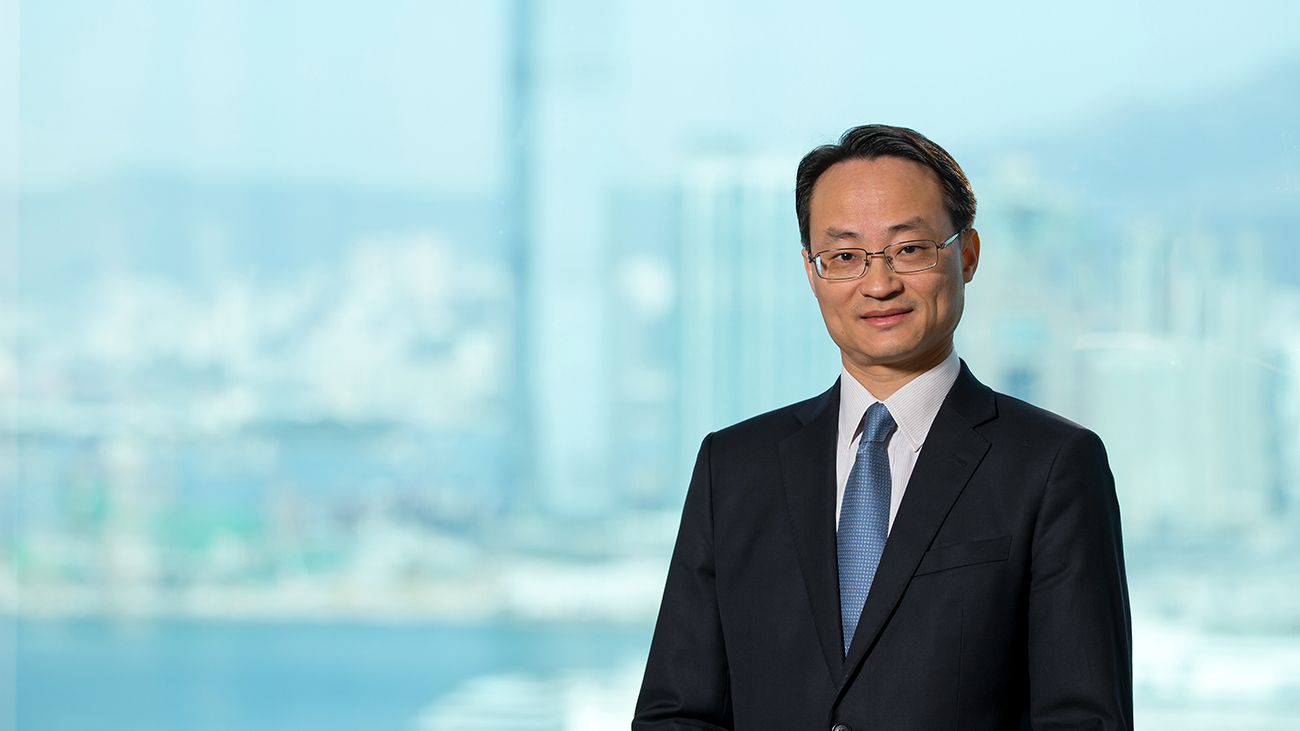Analysis & Insights
Rise of the Private Equity Type Unit Trust
09 Apr 2019
With Japanese Government bonds yields stuck at around 0% as part of the Japanese Government's Abenomics policies, traditionally risk averse Japanese investors are rebalancing their portfolios and moving into alternative investments at record rates in the search for yield1.
Private debt, infrastructure and private equity are some of the asset classes currently proving popular with Japanese investors, largely due to the higher yields offered. In a recent Preqin study of Japanese institutional investors, 42% of investors indicated they would increase allocations to private debt, 39% indicated they would increase allocations to infrastructure and 37% indicated they would increase allocations to private equity (collectively "Private Equity") in 2019.
PE Type Unit Trusts
This increased interest in Private Equity has seen the development of, and rapid increase in the use of, a new type of Cayman Islands investment vehicle, the 'private equity type' unit trust (the "PE Type Unit Trust"). This hybrid vehicle is basically a traditional Cayman Islands unit trust (the preferred investment vehicle for many Japanese investors) that incorporates some characteristics of a private equity fund, including a capital call feature and sometimes defaulting investor provisions.
Some investor benefits of using the PE Type Unit Trust structure include but are not limited to:
- Investor familiarity: The Cayman Islands unit trust is one of the most popular investment vehicles used by Japanese investors for accessing alternative investments. In 2016, 94.3% of the foreign domiciled funds that were registered for offering in Japan were established as Cayman Islands unit trusts2.
- Off balance sheet: The PE Type Unit Trust is treated for accounting purposes as an off balance sheet vehicle, meaning no consolidation of accounts is required.
- JPY Hedging: Many Japanese investors wish to hedge any non-JPY currency exposure arising from making non-JPY denominated Private Equity investments. JPY hedging is more difficult when using a limited partnership ("LP") structure, given gains / losses arising from Private Equity investments are not recognised until the relevant investment has been realised, which may be many years after making the investment. In a PE Type Unit Trust structure, by contrast, both realised and unrealised gains are distributable and there is a current net asset value that can be used for the purposes of calculating the non-JPY exposure that is to be hedged.
- J-Curve: The J-Curve effect (the historical tendency of private equity funds to deliver negative returns in early years and investment gains in the outlying years as the portfolios of companies mature) often results in early realised losses for investors in a LP structure, especially when a private equity program is in its infancy. In a PE Type Unit Trust structure, while realised losses may result in lower net asset values and possibly less distributions, investors need not recognise realised losses to the same extent as with using an LP structure. The J-Curve effect would show up only as lower net asset value per unit figure, with losses not being realised unless and until any redemptions are made. If no redemptions are made, investors will not need to recognise realised losses, a drastically different experience to using an LP structure.
Use of Investment Subsidiaries in a PE Type Unit Trust Structure
PE Type Unit Trusts will typically invest in Private Equity through one or more Cayman Islands exempted non-resident companies (each an "Investment Subsidiary").
One of the advantages of investing through an Investment Subsidiary is the shares in the Investment Subsidiary are regarded as 'Securities' within the meaning of the Financial Instruments and Exchange Act (Act No. 25 of 1948) of Japan, meaning the PE Type Unit Trust is able to obtain securities investment trust status.
Another advantage to using an Investment Subsidiary is that the Trustee is protected from potential personal liability that might otherwise arise from making commitments to underlying private equity funds. The Investment Subsidiary, rather than the Trustee, will be the entity making the commitment to private equity funds. As a result, in the event of an inability to meet a capital call made by underlying private equity funds, whether due to investor default or otherwise, it would ultimately be the Investment Subsidiary that is in default, rather than the Trustee.
Other Structures
Although the PE Type Unit Trust is proving a very popular structure with Japanese investors who wish to access Private Equity, Japanese investors are also using a range of other structures to meet their needs. This includes the Cayman Islands exempted limited partnership.
Increasingly, Japanese investors are also looking to Luxembourg and Ireland for fund structuring solutions, particularly when making European investments.
In Luxembourg, common funds (fonds commun de placement) under the specialised investment fund regime or the reserved alternative investment fund regime are proving popular, as are the special limited partnership (société en commandite spéciale), the common limited partnership (société en commandite simple) and the corporate partnership limited by shares (société en commandite par actions).
In Ireland, the legal structure of choice for Japanese investors continues to be the unit trust vehicle. Unit trusts in Ireland are established pursuant to the Unit Trusts Act 1990 and are very close in nature to the domestic Japanese trust structure. In addition, Ireland is in the process of enhancing and reforming its partnership legislation and, once enacted, the revised Investment Limited Partnership Act will align with international standards for private equity funds and meet certain AIFMD requirements and should lead to a substantial increase in the number of private equity funds being established in Ireland.
The Maples Group is able to provide legal advice and fund services to the full range of such structures described in this update. If you have any questions on the PE Type Unit Trust or any of the other structures referred to in this update, please contact the below or your usual Maples Group contact.
This update is not intended to constitute, nor should it be relied upon, as individual legal advice. The choice of structure will often be determined by a number of factors, including the investor's individual circumstances.
2Statistics provided by Moore Management (Bermuda) Limited, compiled from publicly available sources












